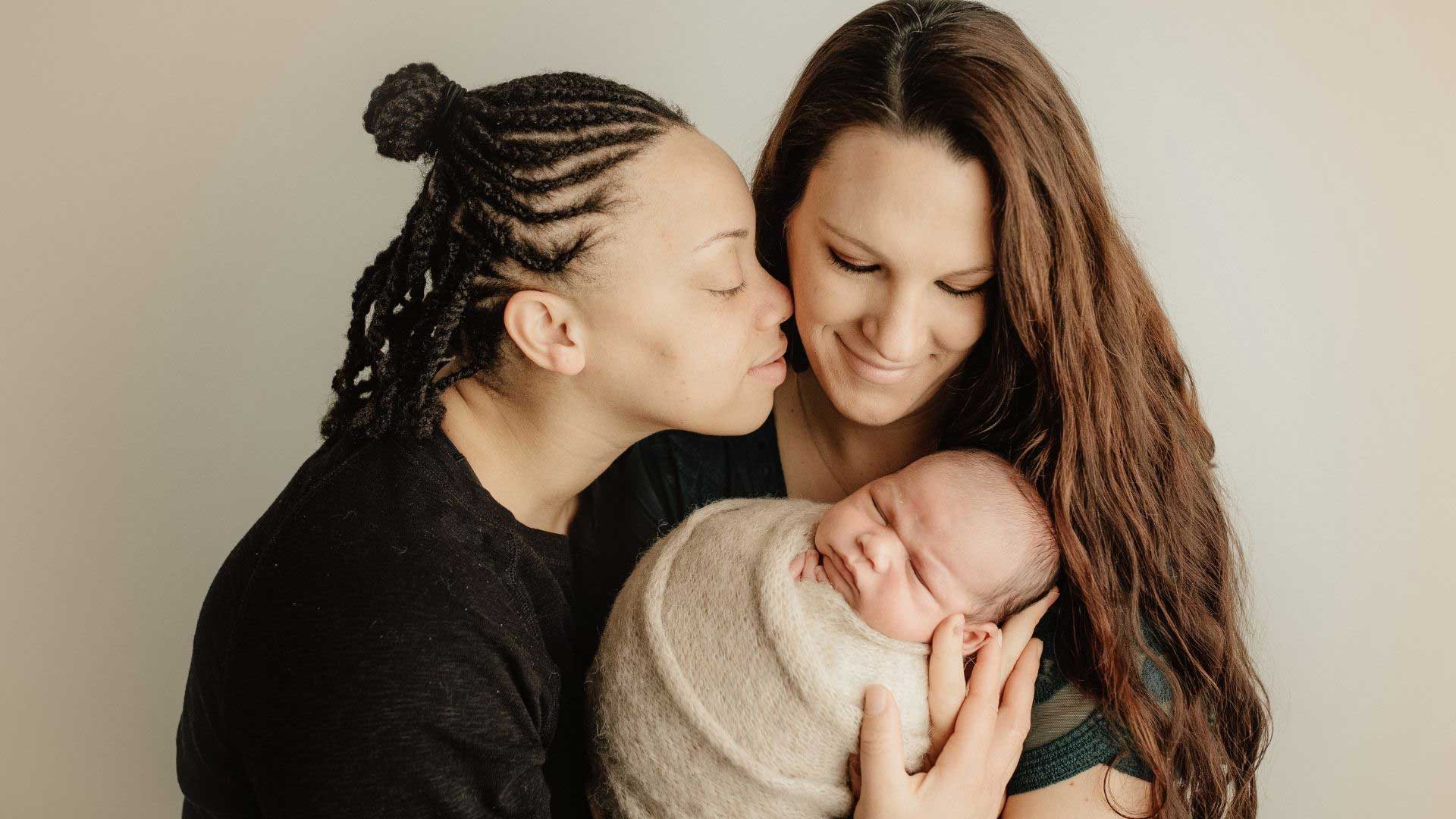Reproductive Rights for Trans People
Apr 30, 2022
Reproductive health and fertility law in Canada is an issue for everyone, including LGBTQI people. In Canada, assisted reproduction is governed by the Assisted Human Reproduction Act (AHRA). The Act both regulates the technology and practices around assisted reproduction. The Act’s purposes include preventing discrimination based on sexual orientation or marital status. Individual provinces may also have legislation covering the rights and responsibilities of each party involved in assisted reproduction, so it’s important to understand the law in your area.
To learn more about the AHRA and why you may need a lawyer as a donor or recipient of reproductive material, read our blog The Continuing Evolution of Fertility Law in Canada.
Family Law in Canada: Fertility Challenges for Trans People
Fertility preservation may be an important issue for trans people. Although Canada has a publicly-funded health care system, some assisted reproduction services have an associated cost which must be paid by clients, for example the freezing of sperm or eggs for future use. This can disparately impact trans people who may require these technologies in order to preserve their opportunity for fertility.
Additional Challenges
The reality is that many LQBTQI people face discrimination every day, including in the area of fertility law in Canada. Challenges can range from forms that don’t allow for correct gender identification to, in some cases, refusal of services requiring legal action. Plus, when a trans person wishes to have genetically-related children, it can require a lot of pre-planning.
A trans person who plans to transition may want to preserve reproductive material (sperm or ova). A trans person may need to suspend their hormone treatment.
So, in addition to the many medical and emotional decisions that must be made during any transition, a trans person must also gamble a little on their chance for genetically related children in future. Trans people can face high rates of discrimination, stigma, and lack of competent health care. There are many complex choices to be faced.
There Is Help
There are resources available for trans and LGBTQI people wishing to become parents. Sherbourne Health Care has a variety of resources available for LGBT2SQ health, including workshops for parents and prospective parents. Rainbow Health Ontario has an excellent fact sheet outlining the reproductive options for trans people interested in hormone therapy or surgeries.
But the reality is that navigating fertility law in Canada can be difficult, even without the added challenges trans people experience every day. Before you make decisions regarding your reproductive material, you may wish to contact a lawyer experienced in reproductive and fertility law in Canada.
When you Need an Experienced Fertility / Reproductive Law Attorney, Contact the Kelly D. Jordan Family Law Firm.
Kelly Jordan is a member of The American Academy of Assisted Reproductive Technology Attorneys (AAARTA), and a recognized specialist in Family Law. Kelly has experience with cases involving surrogacy, sperm donation, and the preservation of reproductive material – all aspects of fertility law in Canada. Kelly and the team at the Kelly D. Jordan Family Law Firm can also answer questions regarding adoption and parenting rights. If you are interested in learning more, reach out to the team today to make an appointment.
Follow the Kelly D. Jordan Family Law Firm on Facebook.
Resources:
Rainbow Health Ontario: Reproduction Options for Trans People – https://www.lgbtqhealth.ca/docs/FactSheet-ReproductiveOptionsForTransPeople.pdf?msclkid=2f8e0c4bb9d811ec8182ca2f14c62437
Sherbourne Health: Parenting and Family Resources, LGBT2SQ Communities – https://sherbourne.on.ca/primary-family-health-care/lgbt-health/lgbt2sq-parenting-family-resources/
Positive Women’s Network: Trans-Centered Reproductive Justice: Family Formation and Sustainable Living – https://www.pwn-usa.org/issues/policy-agenda/trans-rights-safety-justice/trans-centered-rj/
